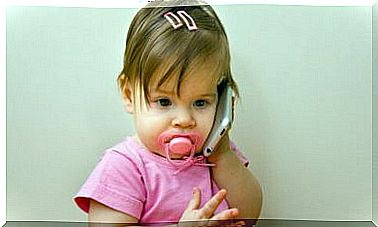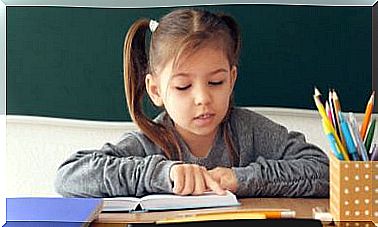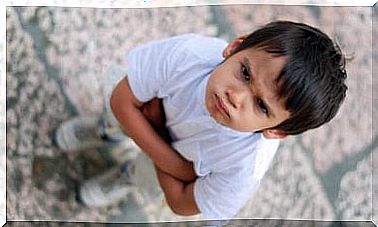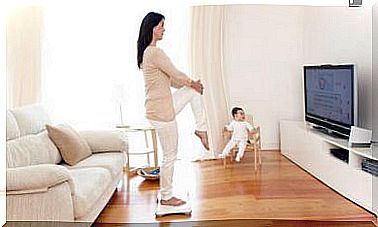Stop Yelling At Child: 3 Important Steps

Some children promise themselves never to be like their father or mother when they grow up. However, by the time you read this article, you may have adopted a habit from your parents yourself: yelling at the child is no good . Find out more about it today.
You don’t have to feel bad about observing this habit in yourself. Because you are already aware of it and are well on your way to doing something about it.
Shouting at a child means hurting them deeply. Parents know that this usually doesn’t work, but they still do it again and again. Because it is not that easy to control yourself in certain situations.
Many parents worry about their children in certain situations and forget to control their own emotions. At that moment, they are angry, worried, or sad and they are screaming at the child. But there is another way and much more effective!
Then you will find three effective steps that you can easily put into practice to stop yelling at your child.
Avoid yelling at the child
Step 1: self-assessment
Parents continuously experience intense emotions and are often worried about their children. Some fathers and mothers are fearful, others have little patience or no self-control. Many have experienced similar situations in their childhood and unconsciously act in the same way as their parents did back then.
How you react in difficult situations largely depends on your character and your own life experiences. Because we all have wounds, disappointments and struggles within us.

But there are several strategies that can help stop yelling at the child.
First, pay close attention to the situations that annoy you and make you angry. Perhaps personal experiences that your child has nothing to do with play a role.
Often it is about parents transferring their own fears, anger and frustrations to their children. Try to stay calm and talk to your child lovingly.
2nd step: the logic of emotions
Often parents yell at their children not because they did something wrong, but for completely different reasons. However, once you identify these factors, it is also much easier to control them.
3. Learn to control yourself
You have to learn to control your emotions and think rationally. You have to practice, try to become quickly aware of the situation and take a deep breath before reacting.
The following emotions often lead to parental yelling at children:
- Anger
- frustration
- anxiety
- sadness
- Guilt

When these negative feelings arise within you, you need to try to control yourself.
Here are some helpful strategies:
- Find out more about the factors that make you lose control and learn to control yourself.
- Take the time to take a deep breath or count to 10 before reacting angry. As soon as you are calmer, you can talk to your child and explain their mistake to them.
- If something bothers you, explain to your child the exact reasons for it. If you feel that your child is not listening to you or doing what they want, remember that this is not going to go against you. If your child understands why certain things are out of place, they are likely to change their behavior.
- Lead by example. It is said that actions scream louder than words! Don’t want your kids to ignore you? Then don’t ignore them either. They need you
And remember, the most important step in preventing yelling is having a positive and honest conversation.









